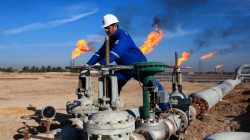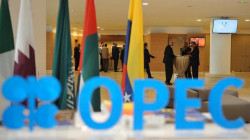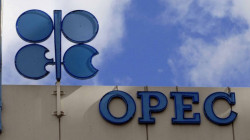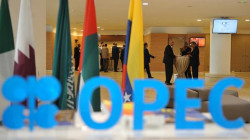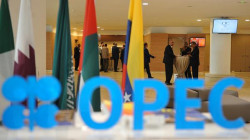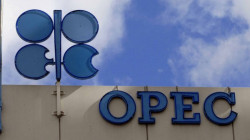Iraq voices frustration with OPEC days before crunch meeting
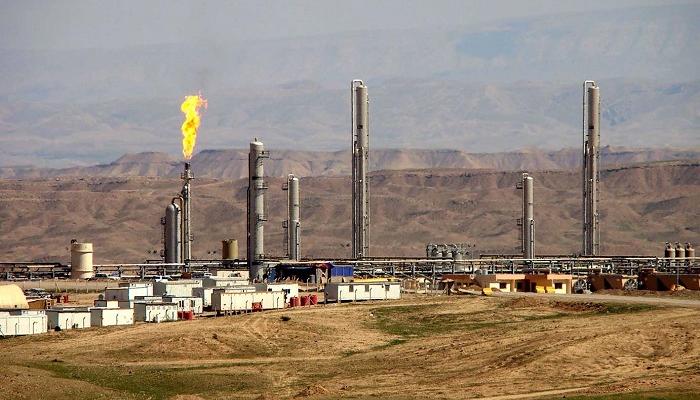
Shafaq News/ Iraq’s deputy leader has criticized OPEC just days before the oil group makes a crucial decision on whether to raise output.
OPEC should take members’ economic and political conditions into account when deciding production quotas rather than adopting a “one-size-fits-all” approach, according to Ali Allawi, Iraq’s Finance and Deputy Prime Minister.
“We have reached the limit of our ability and willingness to accept a policy of one size fits all,” he said this week during a virtual conference hosted by UK think-tank Chatham House. “It has to be more nuanced and it has to be related to the per-capita income of people, the presence of sovereign wealth funds, none of which we have. We are beginning to articulate this position.”
While Allawi said he wasn’t speaking on behalf of the Ministry of Oil, which decides on Opec matters, his comments are yet another manifestation of rifts within the group before its next meeting on November 30. Nigeria also has tried to get some oil blends excluded from its quota.
Iraq, the group’s biggest producer after Saudi Arabia, is reeling from the coronavirus-triggered collapse in oil prices. While all members have suffered, Iraq’s position is about the worst of the lot, with the government struggling to pay teachers and civil servants, and protesters taking to the streets en masse.
OPEC+, an alliance between the Organization of Petroleum Exporting Countries and others such as Russia, meets a day later, on December 1. It agreed in April, at the height of the pandemic, to cut crude output by almost 10mn barrels daily.
OPEC imposed quotas on 10 of its 13 members, exempting Iran, Libya and Venezuela because of their economic and political turmoil.
OPEC+ eased some of those curbs in August. It was meant to reduce the cuts by another 2mn barrels daily at the start of January, but renewed lockdowns in major economies including the US and Europe mean that some members may push for a delay.
Brent crude prices have more than doubled since April, but are still down around 26% this year at $48.50 a barrel.
Iraq has already breached its quota on several occasions. It has promised to compensate for its over-production. This week, in an unprecedented move, Iraq sought an upfront payment of about $2bn in exchange for a long-term crude-supply contract.
